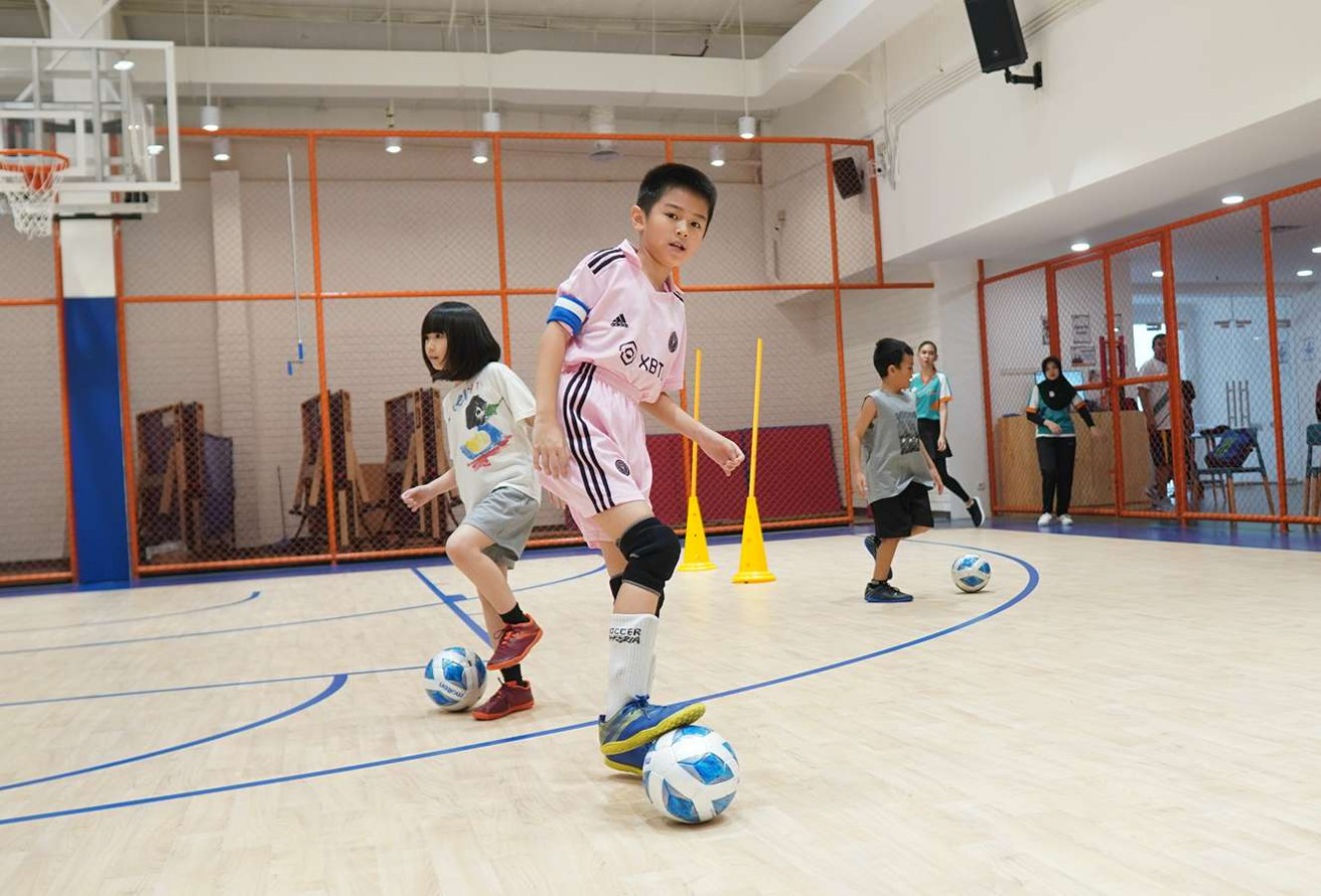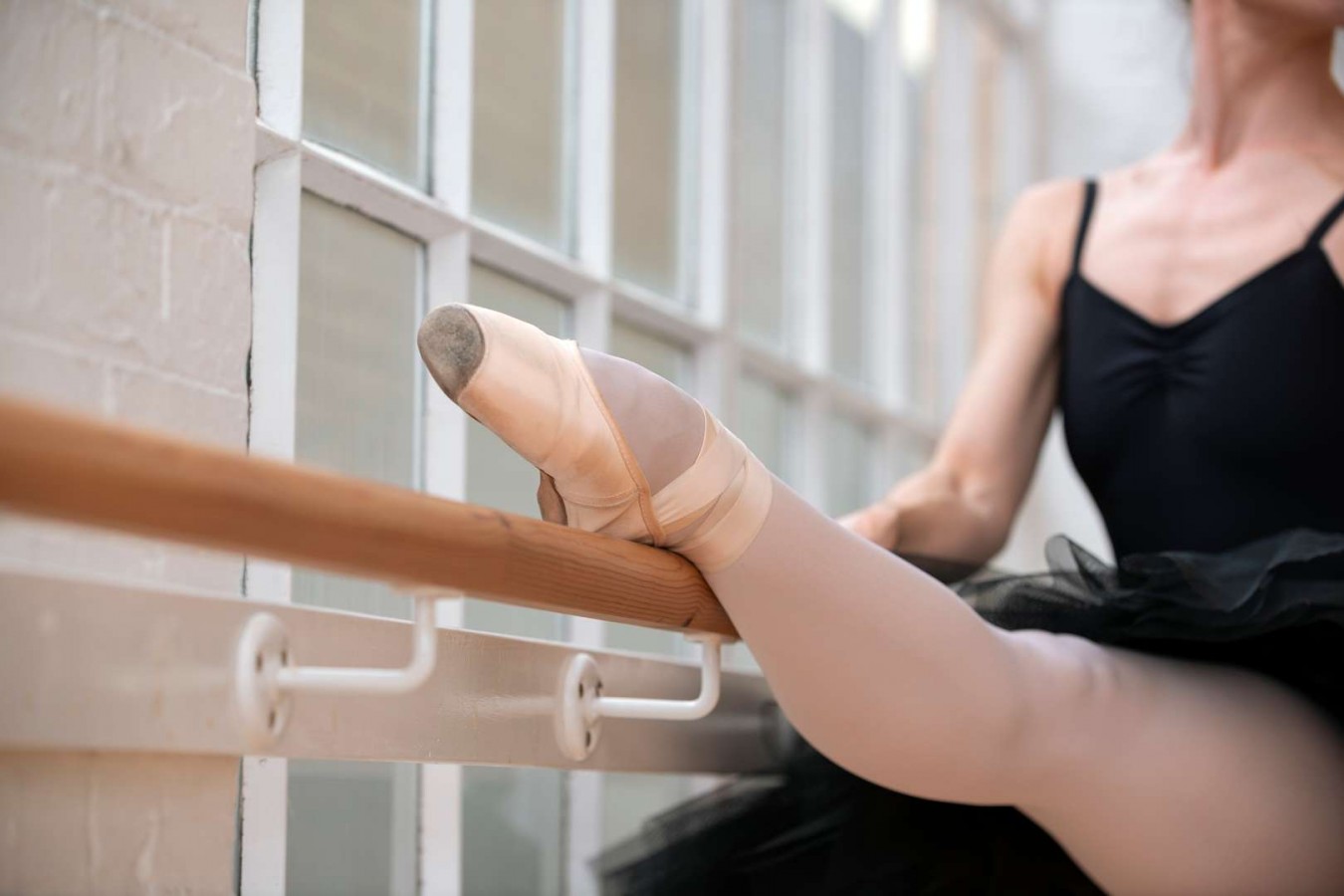The Futsal Anchor Position: Key Responsibilities and Strategic Importance

If futsal were a superhero team, then the Anchor would be the brains and backbone rolled into one. Often overlooked by casual fans, this role is absolutely essential to a team’s structure, defense, and even attack.
In this article, we’re diving deep into the world of futsal’s anchor: what this position is, what responsibilities come with it, why it’s such a strategic pillar on the field, and how you can become a smarter, stronger, and more reliable anchor. So, lace up those shoes and let’s roll!
What Is the Anchor Position in Futsal?
In futsal position, the anchor (or "fixo" in Portuguese) is basically the central defender—the last outfield player before the goalkeeper. This player stays behind most of the time and focuses on organizing the defense, intercepting passes, and starting attacks from the back.
Unlike in traditional 11-a-side football where defenders might have more backup and space, futsal’s small court means the anchor has less room to operate, more one-on-one challenges, and a crucial responsibility in both defending and building plays.
Think of the anchor as the strategic commander which acts quietly but constantly reading the game, making crucial tackles, and directing teammates. It’s a tough but rewarding job!
Key Responsibilities of the Futsal Anchor
So, what does an anchor actually do during a game? A lot more than just hanging back near the goal! Here’s a full breakdown:
1. Defensive Leader
The anchor is the team’s first line of defense when the ball gets past the forwards and wingers. Responsibilities include:
- Marking opponents: Especially the pivot (opposing forward), who tries to create scoring chances.
- Blocking shots: Throwing your body in the way when needed!
- Anticipating passes: Cutting off balls before they reach dangerous areas.
- Tackling cleanly: Timing is everything in tight futsal spaces.
- Positioning: Staying aware of space to avoid getting pulled out of shape.
2. Play Initiator
Anchors don’t just defend, but they start the attack. Once they win the ball back, they help:
- Choosing the right passes to break out of defense.
- Moving the ball from one side to the other to create space.
- Staying calm and confident under pressure.
- Sometimes stepping forward to support the offense.
3. On-Field Communicator
A strong anchor is also a vocal leader who:
- Shouts instructions to teammates.
- Calls out player movements.
- Organizes defensive structure during fast breaks.
- Encourages and energizes the team when needed.
4. Tempo Controller
Because they see the whole field, the anchor controls the pace of the game. That means:
- Slowing the game down when needed to regain composure.
- Speeding up transitions to catch the opponent off guard.
- Recognizing when to play safe versus when to take risks.
Strategic Importance of the Anchor Role in Futsal
The anchor is not just a regular defender in futsal. This player is a key strategist, decision-maker, and stabilizer. Without a strong anchor, a team can easily fall apart like a house of cards. Here’s why this position is absolutely vital:
1. They’re the Last Line of Defense
Think of the anchor as the goalkeeper’s bodyguard. The futsal court is small and fast-paced and there’s no time or space for long recoveries. If an opposing player gets past your anchor, they’re practically one-on-one with the goalkeeper. That’s a big deal!
Let’s say the opponent sends a fast through-ball to their pivot. A good anchor will already be reading that play, sliding in to intercept or body-block the pivot before the ball even arrives. A bad anchor might be caught out of position, giving away a dangerous shot.
2. They Read the Game Like a Book
Anchors are like the detectives of the futsal world. They study the opponent’s movements, predict where the ball is going, and make smart decisions before anyone else even sees the danger.
3. They Launch Attacks Smoothly
Sure, anchors defend but they also kick-start your offense. They’re like the quarterback in American football or the deep-lying playmaker in traditional soccer. Once they win the ball, they quickly decide how to get it moving up the court with purpose.
Why it matters:
- A panicked anchor might just kick the ball away or pass blindly.
- A composed anchor keeps the ball, looks up, and makes a smart, simple pass that builds momentum.
- They help create 2v1 situations by playing quickly and accurately.
4. They Bring Balance to the Team
Ever watched a futsal game where everyone’s running forward and no one’s defending? Or where the team sits too deep and never creates chances? That’s what happens when there's no anchor providing balance.
How To Become a Better Futsal Anchor
So, if you want to become a rock-solid anchor, here's how to level up your game:
1. Improve Your Positioning
Good anchors seem like they’ve got a sixth sense. The ball hasn’t even arrived, and they’re already there, cutting it off like a ninja with radar!
In futsal, space is tight and time is limited. You need to be where the danger is before it happens.
What to do:
- Don’t chase the ball blindly. Hold your position and track your mark (usually the opponent's pivot).
- Watch the opponent’s body—if their head turns or foot shifts, a pass might be coming.
2. Train Your Game IQ
Anchors don’t just run but they think. You need to see the future by reading cues, formations, and patterns. Think of yourself as the team’s GPS system.
If you can predict what the opponent is going to do, you’re already one step ahead. Try to play small-sided games (like 3v3 or 4v4). They force you to make quick decisions and think tactically.
3. Work on Speed and Agility
Speed isn’t just about running fast. As an anchor, you need to change directions instantly, slide into a block, or recover in a flash.
What to do:
- Train using agility ladders for foot speed.
- Do cone zigzags to simulate sudden changes of direction.
- Try shadow marking where you follow a teammate without touching them, reacting to every move they make.
4. Master Clean Tackling
Anchors are often the last hope on defense, so a well-timed tackle can be the difference between winning the ball or conceding a goal.
Try:
- Practice 1v1 defending, especially against dribblers.
- Focus on timing. Wait until the attacker touches the ball too far ahead, then strike.
- Use your body to block and guide, not just your feet.
5. Stay Calm Under Pressure
Ever seen a player panic and boot the ball straight to the opponent? Don’t be that guy!
As the anchor, you’re the team’s safety net. Your job is to bring calm to the chaos. If you lose the ball when being pressed, your team is suddenly in huge trouble.
6. Communicate Constantly
You’re the team’s eyes and voice at the back. See something? Say something!
A talking anchor is a leading anchor. You can help your teammates mark better, stay in shape, and respond faster.
Want to be Anchor in Futsal?
So, now you know that the anchor in futsal is so much more than just a defender. They’re the team’s silent commander, the brain and the backbone all in one!
If your child shows signs of leadership, awareness, and a love for the game, this might just be the perfect position for them to shine. And what better place to nurture that potential than Rockstar Academy which is the best Sports & Performing Arts Academy that truly champions every child’s growth!
At Rockstar Academy, we offer a dynamic Futsal Program complete with a curriculum designed to develop technical skills, game intelligence, and character. Your child will have the chance to compete in exciting events like RockOlympics and Elite Championships, where learning meets real-game experience in the most inspiring way.
Our Futsal program also includes Private Instruction for personalized skill development and the prestigious Dream Team Program. The Dream Team is designed for talented and motivated athletes who are ready to take their game to the next level.
Through this program, students not only sharpen their futsal abilities but also build the character of a True Champion by competing in various tournaments across Indonesia and even on the international stage.
Ready to see if futsal is the right fit? We even offer a free trial class where your child can experience the thrill before jumping in. Don’t wait and help your child anchor their future today with Rockstar Academy!
FAQ
Is the anchor position in futsal the same as a center-back in football (soccer)?
Not exactly! While both focus on defense, futsal anchors are more involved in build-up play and have to react faster due to the smaller, faster-paced environment. They’re also more involved in constant transitions between attack and defense.
Can an anchor score goals too?
Yes. While it’s not their main role, a smart anchor can sneak forward during set plays or counterattacks. Long-range shots are also an option if the space opens up.
What are the most important skills for an anchor?
Positioning, game reading, calmness under pressure, tackling, passing accuracy, and leadership. You don’t need to be flashy, just consistent and reliable.



